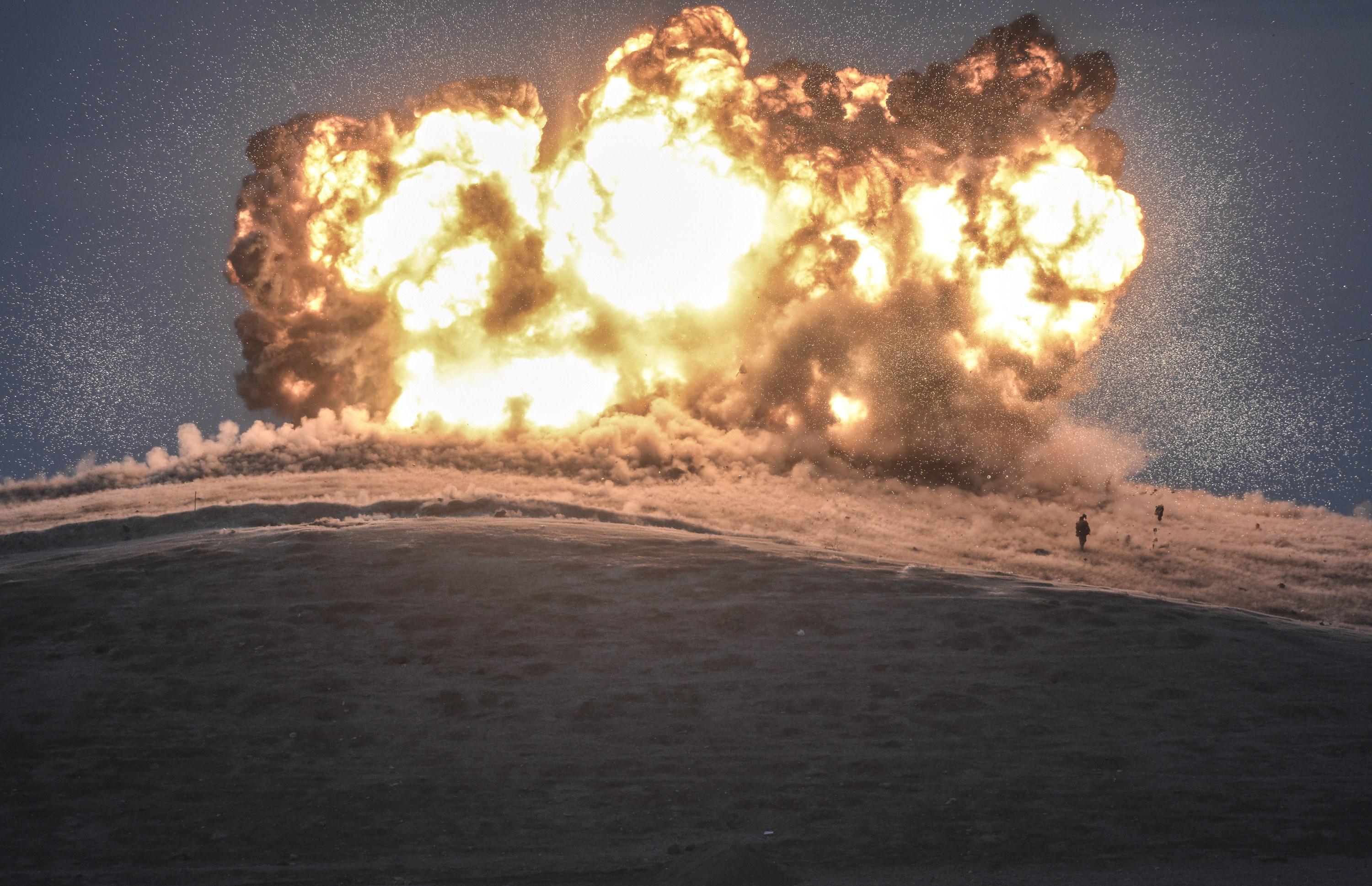From the beginning, there’s been a disconnect between the reasons why the U.S. public has supported the military intervention against ISIS in Syria and Iraq, and the reasons why the Obama administration launched it. For the White House, ISIS represents a long-term security threat as well as an immediate one to the political order of the Middle East, such as it is.
But the reason for the public support of the war, in addition to the gruesome beheadings of U.S. citizens in Syria, is that ISIS is seen as an imminent threat to the United States. This fear hasn’t exactly been alleviated by some politicians, who have hyped fears of ISIS operatives slipping over U.S. borders, but for the most part, the Obama administration and the Pentagon have consistently maintained that they’re still more worried about the immediate threat from al-Qaida, which has a proven track record of orchestrating catastrophic attacks in the West and greater expertise in that area.
Last week’s Paris attack would seem to be a vindication of the al-Qaida-is-still-scarier-than-ISIS view. While the extent to which any outside group played a role in orchestrating the attacks is still unclear, it does now seem likely that the Kouachi brothers spent time with, and received training from, al-Qaida in the Arabian Peninsula. Amedy Coulibaly, the grocery store hostage taker, was a self-described ISIS supporter, but doesn’t appear to have had direct ties to the group.
The plot that Belgian officials claim to have foiled yesterday might actually have been the first instance of ISIS coordinating an attack outside the Middle East, though it’s not yet clear how deep those ties were or how far along the cell was in planning. Two men allegedly linked to ISIS were also arrested in Germany yesterday, though the New York Times reports that “prosecutors in Berlin said they had no indication that the men had immediate plans to stage an attack.”
While ISIS may have had little to do with last week’s attacks, the events did seem very much on the mind of French parliamentarians, who voted 488 to 1 on Tuesday to approve new airstrikes against the group in Iraq. The attacks are likely to increase support for “Operation Inherent Resolve” in the U.S. as well.
So will an energized push to combat ISIS, regardless of its immediate threat to the U.S. or Europe, actually hurt ISIS? The group does appear to be losing ground in Iraq thanks in no small part to international airstrikes, but it’s a different story in Syria, where that bombing has been done primarily by the United States. Kurdish forces are gaining the upper hand in the strategically important city of Kobani, but overall opposition groups and U.S. officials say ISIS has actually been expanding the territory it controls in Syria—now about a third of the country—despite U.S. airstrikes.
The U.S. has pursued an “Iraq-first” strategy against ISIS, concentrating on rolling back the group in that country while conducting targeted airstrikes and building up “moderate” Syrian opposition forces that, it is hoped, can eventually mount a serious challenge to radical groups like ISIS and the al-Qaida-affiliated Jabhat al-Nusra.
This U.S-led effort to build these forces has been going slowly, as have Russian-backed efforts to negotiate a peace deal between Bashar al-Assad’s government and the non-ISIS opposition. For now, it appears the U.S. and its allies plan to continue bombing Iraq and Syria in hopes of containing ISIS while waiting for better options to emerge.
The Syrian civil war has been an unspeakable catastrophe that is breaking the planet’s humanitarian bank and the current strategy of the U.S.-led coalition doesn’t seem to be doing much to bring it to a swifter close. Unfortunately, concerns about ISIS after the Paris attacks seem more likely to push the public and governments to support doubling down on that strategy rather than looking for alternatives.
Meanwhile Yemen, the home of the group that actually did have a link to the Paris attacks, has barely been mentioned in media coverage and political debates, even as it grows increasingly violent and unstable.
